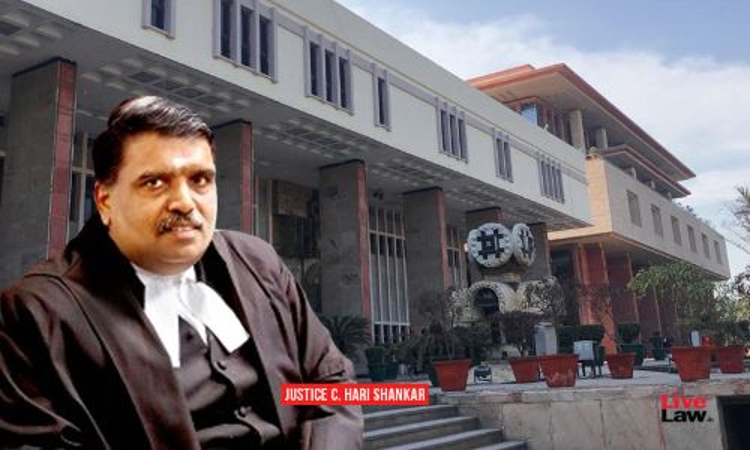The Delhi High Court, while directing removal of a word mark from the register of trade marks, has observed that 'trade mark squatting', which is an internationally known intellectual property misdemeanour, would certainly amount to “bad faith” within the meaning of Section 11(10)(ii) of the Trade Marks Act even if the term does not find a special mention in the law.The court held that...

